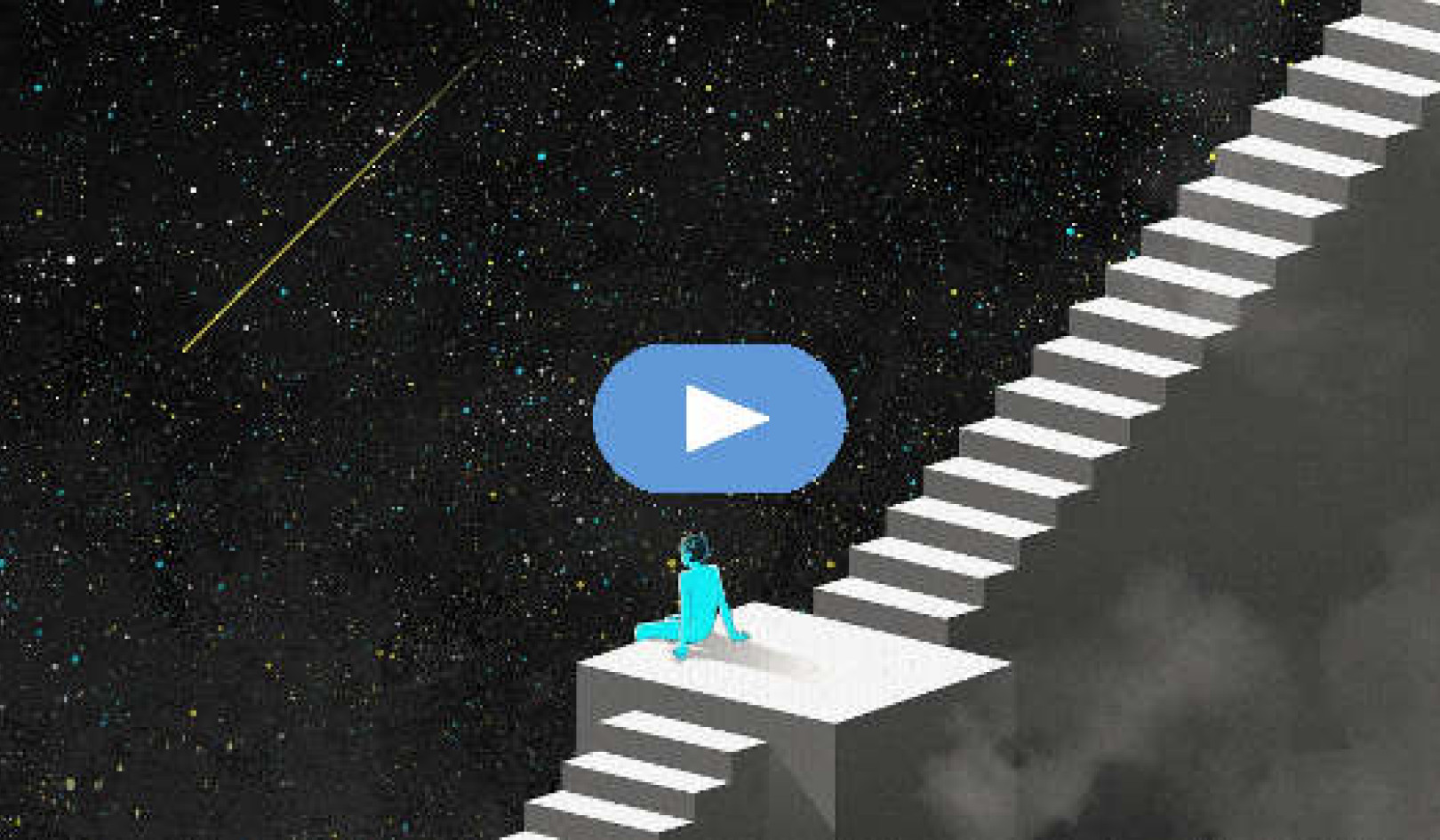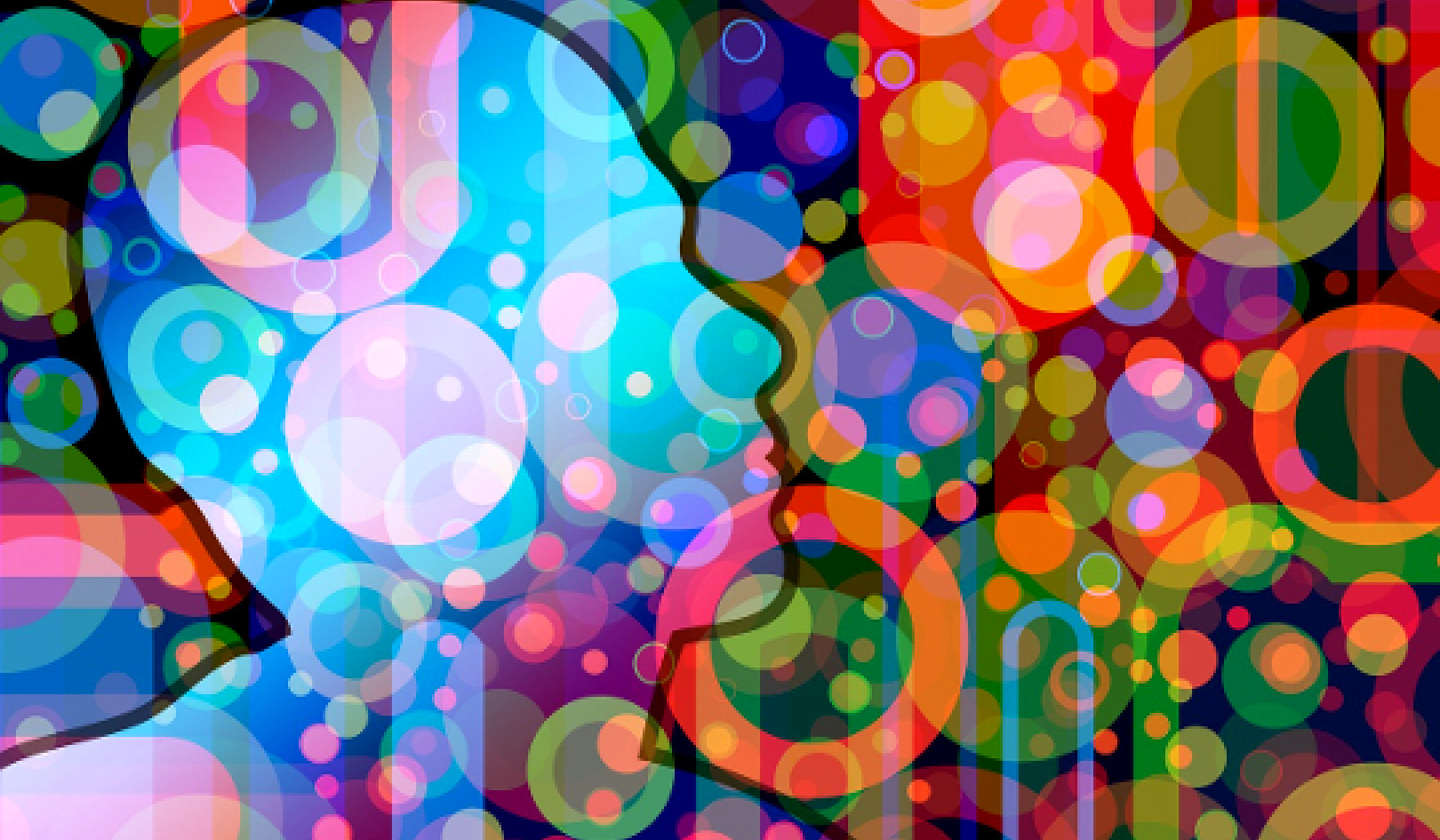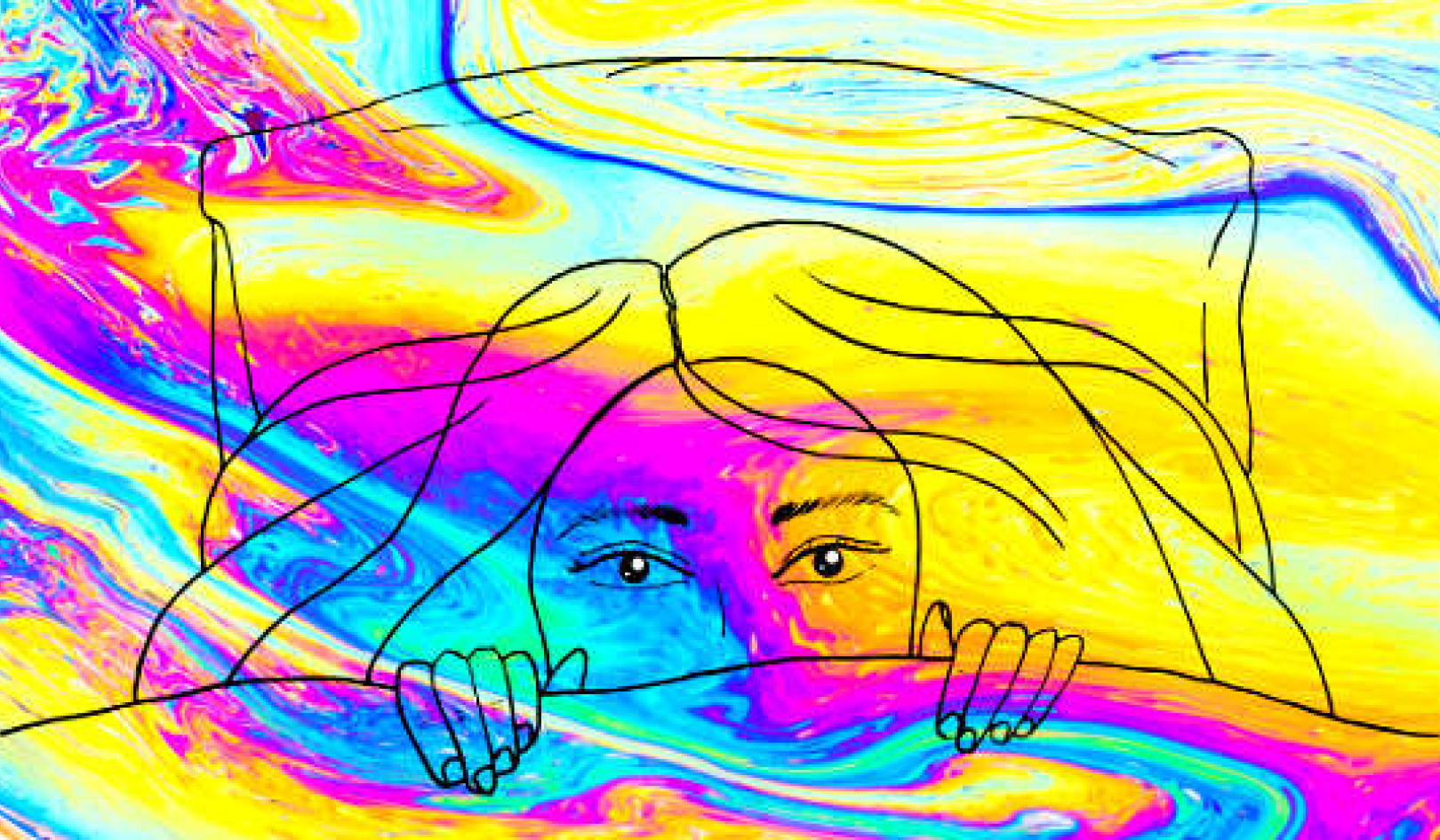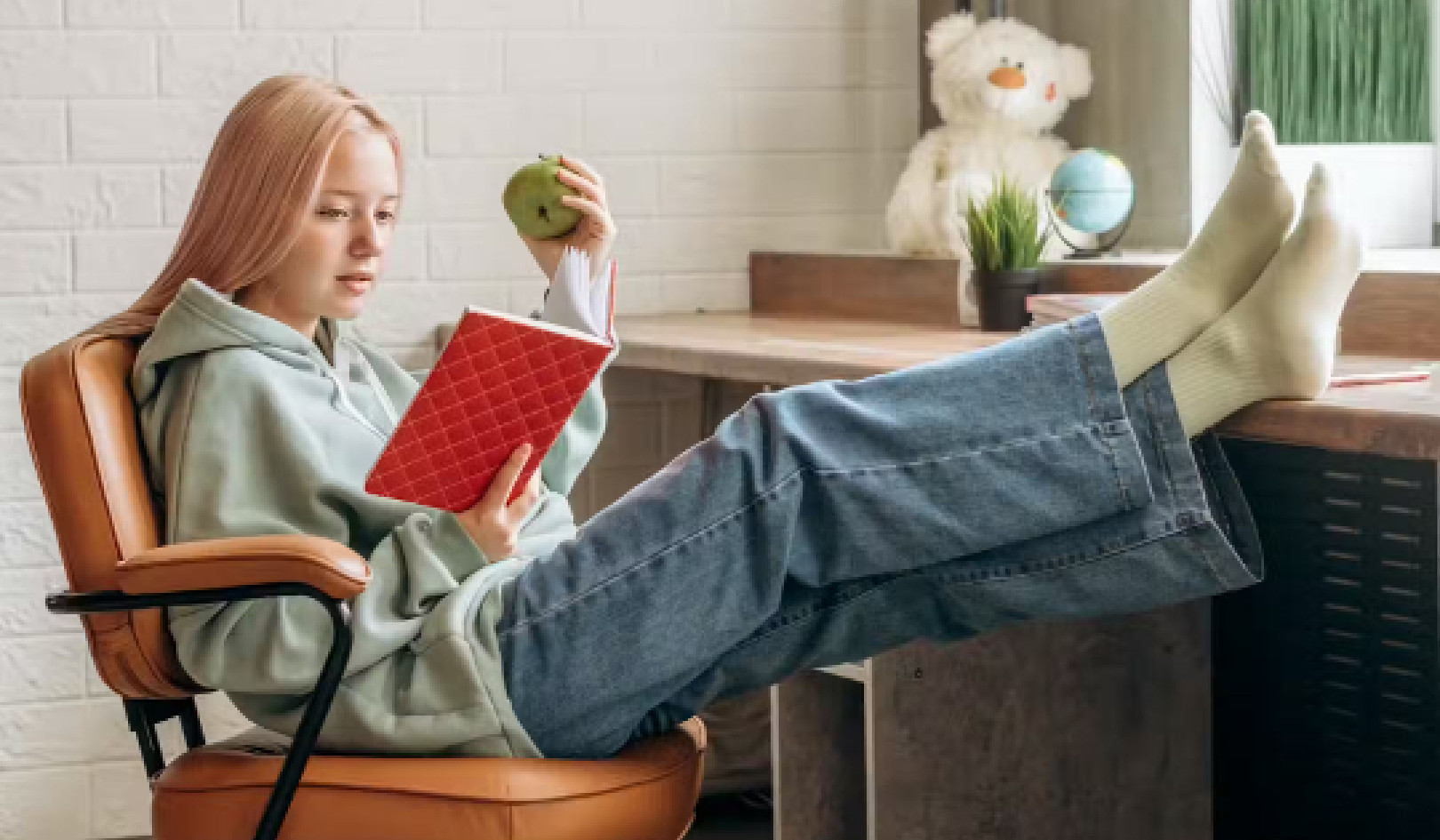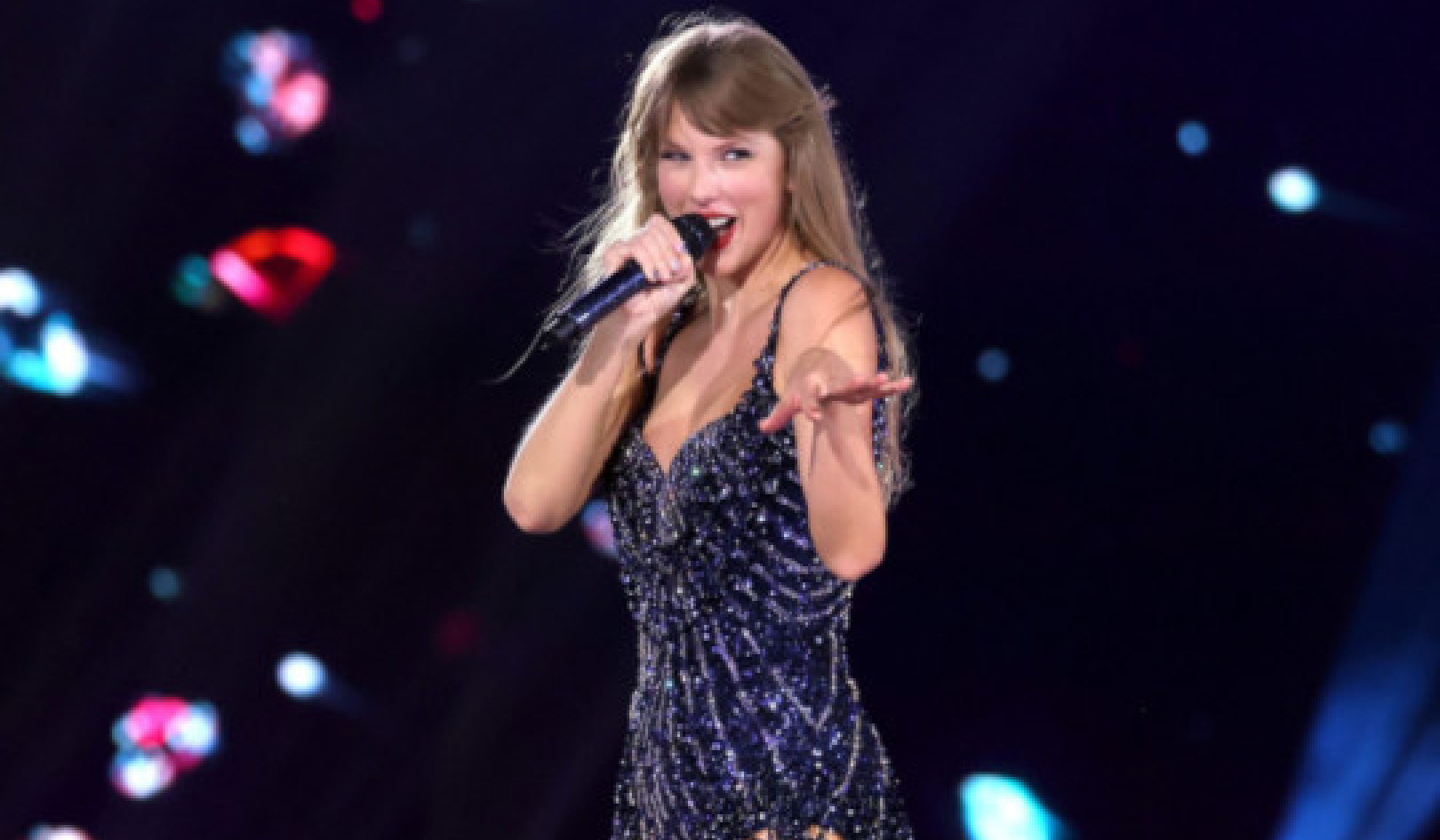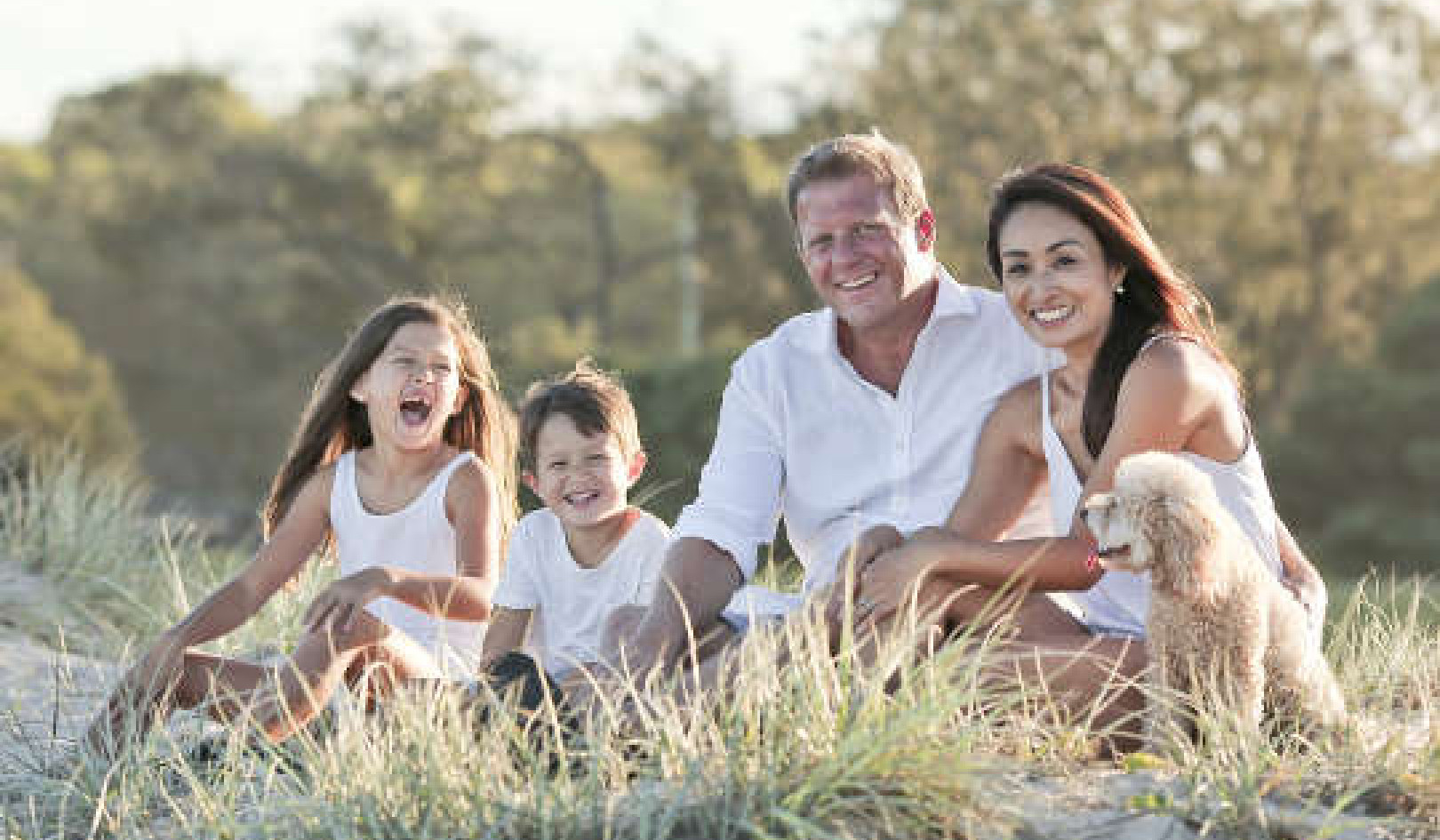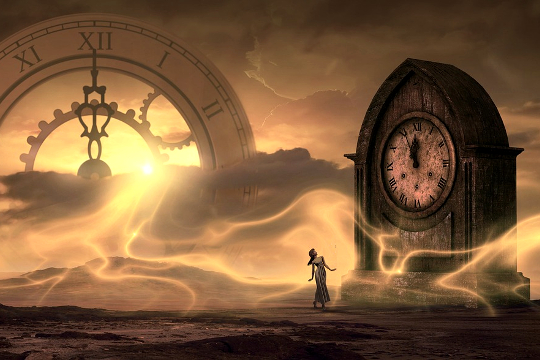
Image by Stefan Keller
Adapted from the book "Parenting on Earth", ©2023, Elizabeth Cripps..
May 12, 2022. I sit at my desk in a university building, looking out at the round towers and spiky roofs of what was once a hospital. Inspired by DearTomorrow, I’ve decided to write a letter to my daughters in 2050. But when I pick up my pen, I can’t do it.
My brain is too crowded with images of a mid-century that I may not live to see. Of fear. Of ever-extended lockdowns. Of infections uncontrolled and uncontrollable. Of the worsening oppression of millions of human beings. Of miles of burning forest, catching up everything in its wake. Of homes disappearing under floods.
And images of hope. Of societies living with the environment rather than against it. Of recognition and justice. Of adults and children who find self- worth outside of material possessions. Of bikes and trains and children running safely through green cities, breathing clean air.
2050 -- A Turning Point
The year 2050 is a turning point. It’s when greenhouse gas emissions must hit net zero, to avoid devastating climate change. It is also the year my daughters will turn thirty-seven and thirty-five. They will have to decide soon enough, if they haven’t already, whether to bring new people into the world. I’m a writer, but when I try to speak to the people I love most, in that uncertain moment, the words won’t come.
Staring into collective disaster, it’s easy to feel helpless. We grip our toddlers’ hands, we call our teenagers back, as the tides creep in. We feel sad, frustrated. We feel shame, perhaps passionate anger. In the face of emergency on the grand scale, it can seem as though we have only two options: cling with eyes closed to the here and now, or fatalistically prepare our own children for a stark future. This is wrong.
If I owe my kids anything at all, beyond keeping them alive as children, I owe it to them protect their future. This doesn’t pull against the basic moral duties I have as a human being. In fact, it goes hand in hand with fulfilling them.
My children need a world in which they can live and flourish, and in which their children and grandchildren can thrive. But they are (or will be) global citizens too. A just world is a better world for them. So is a living, thriving natural one. I cannot build this alone but, as parents and citizens, we can do almost anything together. And we should.
As part of this work, I must help my girls understand the challenges that face them: climate change; antibiotic resistance; pandemics; institutionalized injustice. I must raise my children to be motivated more by morality, less by materialism, and I must do all this while building their ability to live and think for themselves. I must adjust what we do, day by day, as a family. Most of all, I should be part of challenging institutions, holding politicians to account, and changing the way we all live. So, I think, should you. We owe it to our own children, as well as to everyone else.
The One Sentence Summary
To be a good parent, in this threatened world, I must be an agent for change.
It’s a long-haul project, forging a better world. It means carving time out of already packed days, overhauling things we take for granted. It means accepting hard truths and difficult emotions, holding both anxiety and hope in our hearts. It means facing up to the many and real moral dilemmas that I have not been able to philosophize away. I’ve tried to find the philosophical and psychological tools to do all this.
I recall all this, on this beautiful Edinburgh day. I remember something else, too. None of this means being unable to enjoy our own lives, or the incredible joy our children give us. We can even enhance them both, along the way. And this is an opportunity, as well as a crisis.
“You are the only source of hope to your children and grandchildren,” Ugandan activist Herbert Murungi told me nine months ago, from half a world away. I hear his words: “You must choose differently.” I pick up my pen.
“I love you,” I write to my daughters in twenty-eight years’ time. “I promise I’ll do my best.”
Copyright ©2023. All Rights Reserved.
Adapted with permission of the publisher,
The MIT Press, Cambridge, Massachusetts.
Article Source:
Parenting on Earth: A Philosopher's Guide to Doing Right by Your Kids and Everyone Else
by Elizabeth Cripps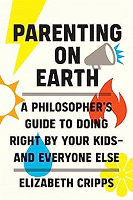 In a world so out of balance, what does it take—or even mean—to be a good parent? This book is one woman’s search for an answer, as a moral philosopher, activist, and mother.
In a world so out of balance, what does it take—or even mean—to be a good parent? This book is one woman’s search for an answer, as a moral philosopher, activist, and mother.
Timely and thoughtful, Parenting on Earth extends a challenge to anyone raising children in a troubled world—and with it, a vision of hope for our children’s future. Elizabeth Cripps envisions a world where kids can prosper and grow—a just world, with thriving social systems and ecosystems, where future generations can flourish and all children can lead a decent life. She explains, with bracing clarity, why those raising kids today should be a force for change and bring up their children to do the same. Hard as this can be, in the face of political gridlock, ecoanxiety, and general daily grind, the tools of philosophy and psychology can help us find a way.
Click here for more info and/or to order this hardcover book. Also available as a Kindle edition. Book can also be purchased on the publisher's website.
About the Author
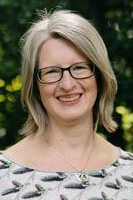 Dr Elizabeth Cripps is a writer and philosopher. She's the author of What Climate Justice Means and Why We Should Care (2022) and Parenting on Earth: A Philosopher's Guide to Doing Right By Your Kids - and Everyone Else (2023).
Dr Elizabeth Cripps is a writer and philosopher. She's the author of What Climate Justice Means and Why We Should Care (2022) and Parenting on Earth: A Philosopher's Guide to Doing Right By Your Kids - and Everyone Else (2023).
Elizabeth is a senior lecturer in political theory at the University of Edinburgh and had a former career as a journalist. As a public intellectual, she has written opinion pieces for the Guardian, the Herald and the Big Issue, and has been interviewed for WABI and BBC Radio, as well as numerous podcasts.
More Books by the author.


















